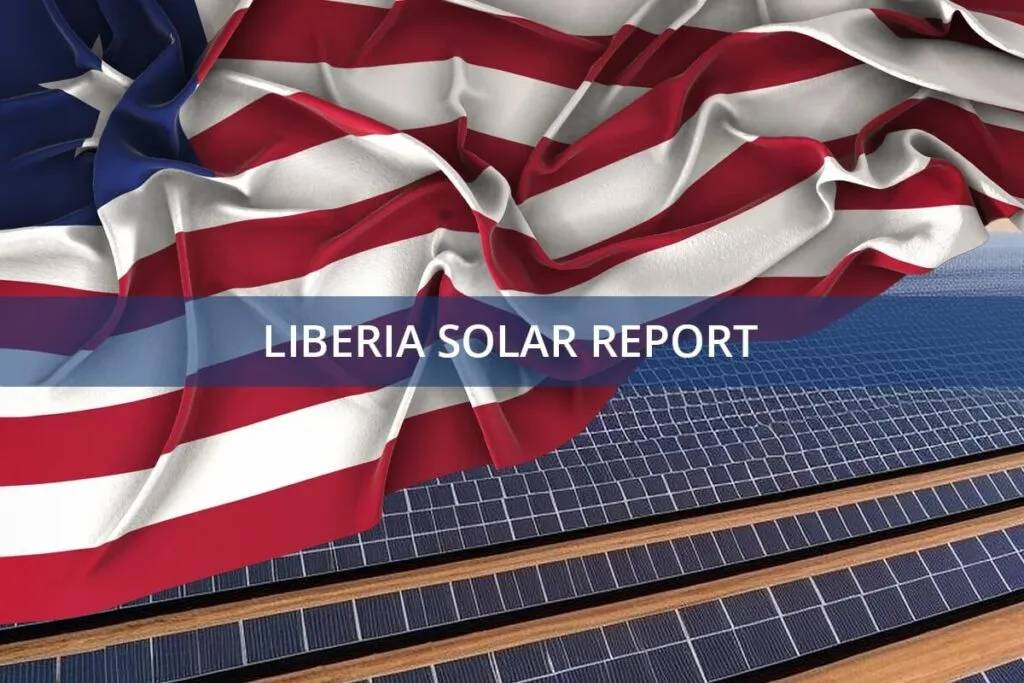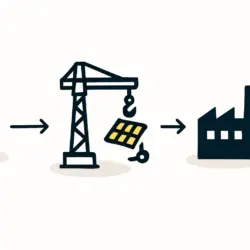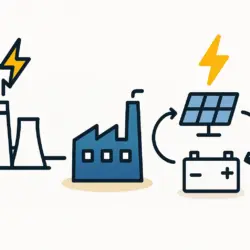Liberia is launching a net metering system to promote solar energy adoption and reduce costs for businesses and households. This program allows users to connect their solar systems to the national grid and sell excess energy back to the Liberia Electricity Corporation (LEC) for credits on future bills. The initiative aligns with a global trend toward distributed generation and grid modernization.
How Liberia Solar Net Metering Works
The net metering system enables businesses and households to connect their solar photovoltaic (PV) systems to the national grid. When these systems generate excess power, it is sold to the Liberia Electricity Corporation (LEC), and users receive credits on their electricity bills for the surplus.
These credits can then be used to offset electricity costs when solar systems produce less energy, such as during periods of low sunlight or increased consumption. This arrangement fosters a dynamic relationship between consumers and the grid, turning them into “prosumers” who both produce and consume electricity.
As part of Liberia’s Renewable Energy and Energy Efficiency Program (REEEP), this initiative is managed by the Ministry of Mines and Energy (MME) with funding from the European Union (EU). The system will first be implemented in Monrovia, with plans for a nationwide expansion aimed at making renewable energy a more financially attractive option for everyone.
Benefits of Liberia Solar Net Metering
The net metering system offers significant benefits for both consumers and the environment. Participants can save money on their electricity bills while reducing their carbon footprint. The system also bolsters energy security by encouraging the use of renewables, which lessens the country’s reliance on imported fossil fuels.
As more people adopt solar power, the decreased demand on the national grid can improve stability and help prevent outages. By selling excess energy back to the grid, participating businesses and households also earn credits and actively contribute to the nation’s energy supply. These economic and environmental advantages align with the global transition toward more sustainable energy systems.
Government Support and Goals for Liberia Solar Net Metering
The net metering system is a key component of Liberia’s broader strategy to promote renewable energy and combat climate change. The government aims to increase the share of renewables in the country’s energy mix to 30% by 2030, a target that aligns with international climate goals.
To support these efforts, the EU-funded REEEP program provides crucial financial and technical assistance for developing renewable energy projects. The Ministry of Mines and Energy views the net metering system as vital to achieving these ambitious objectives.
By making renewable energy more accessible and affordable, the government hopes to stimulate widespread adoption of solar and other clean energy sources, as detailed in the Liberia Solar Panel Manufacturing Report. This initiative is also expected to foster growth in the renewable energy sector by creating jobs in system design, installation, and maintenance that contribute to economic development.
Challenges and Future Prospects of Liberia Solar Net Metering
While the net metering system offers significant advantages, it also faces challenges. The initial cost of installing solar panels can be a barrier for many households and businesses. To make solar installations more affordable, the Liberian government is exploring financial incentives and other support mechanisms.
Public education is also crucial to its success, so the government is working to raise awareness of the program’s benefits and encourage broad participation. Despite these hurdles, net metering holds considerable promise for transforming Liberia’s energy sector.
Its launch marks a significant milestone in the country’s pursuit of sustainable energy, improving access to affordable solar power while reducing electricity costs and enhancing energy security. Similar initiatives have driven substantial growth in the renewable energy sectors of other countries, including Costa Rica and Lebanon.



